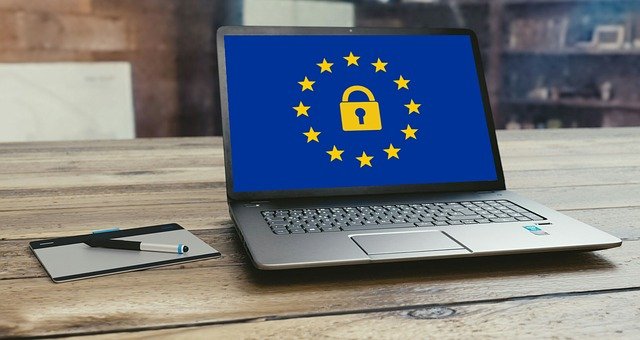5 tips to keep your website secure from hackers
Lately, hackers have been on the news a lot. When your website gets hacked, it is a lot of work to get it back to running smoothly again. Think time, money and heartburn. The best offense against any hacker attack begins with a good defense.
Here are some things that you should be doing on your website:
1. Keep the underlying software updated.
Make sure that you are running the most current version of your content management system. WordPress, the most popular content management system on the website, puts out a new version every 3 months or so. These updates close loopholes that hackers exploit and address known vulnerabilities in the code.
We offer one-off updates and maintenance plans that regularly take care of updates.
2. Keep the plugins or 3rd party software updated.
Websites use plugins to perform specific tasks and extend the functionality of the content management system. Plugins should be updated on a regular basis. If not, the loopholes in these plugins can be exploited by hackers to gain illegal access to your website. If a plugin isn’t putting out updates, that could mean that the writers of the plugin are no longer vested in it. This increases the likelihood that the plugin could be compromised.
All our maintenance plans include plugin updates. Learn why your business needs regular website maintenance.
3. Create secure passwords.
Passwords are an easy way for hackers to get into a system especially if the passwords are easy to guess. Dictionary words are especially easy to figure out. Using a password that uses a variation of your name, your dog’s name, your street address in your password, etc. makes for a gaping hole waiting to be exploited. Make sure that your password is at least 8 characters long with at least one capital letter, one small letter, a number and a special character like @.
Learn how to create a strong password.
4. Make sure your website is regularly backed up.
Your website should be backed up on a regular basis along with the database and other related elements. This is important because if your website gets hacked, you will need a backup to reinstate your website along with all the content.
Create an initial backup of your website when it is built. After that backing up the website once a month is sufficient for websites whose content isn’t updated often.
If your website content gets updated often, then your website should be backed up every day.
5. All communications with your website should be secure.
SSL encryptions enable secure connection between web servers and browsers. Without a secure connection, your usernames and passwords run the risk of being read by hackers when you login into your website.
SSL encryption also authenticates the website. This means that the browser at the other end can rest assured that they are indeed communicating with you.
You can identify SSL certificate by the green padlock icon that will be to the left of the web address of a website (URL). This is a visual proof for the customer that your business takes security seriously.
Google’s Chrome browser adds a “Not secure” warning next to all websites that don’t use a secure connection. Such a message indicates that any communication with the website can be hacked. It is the responsibility of a website owner to provide a secure connection to their website.
If you would like us to help you keep your website secure, call us at (650) 346-1442.

